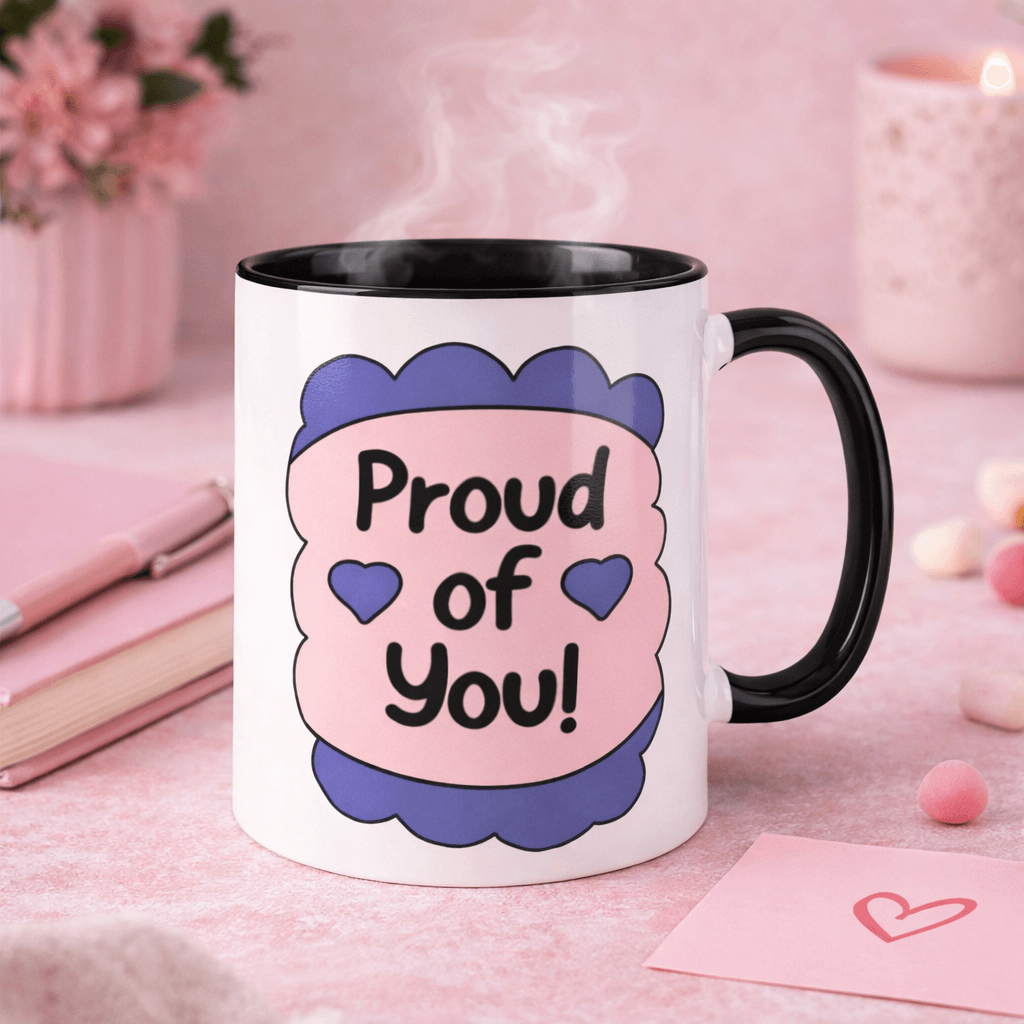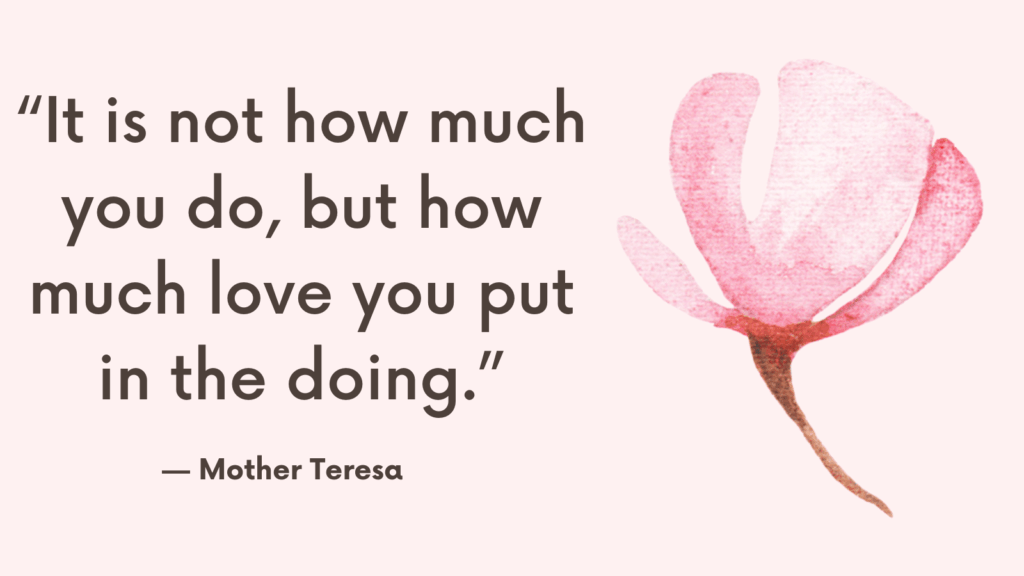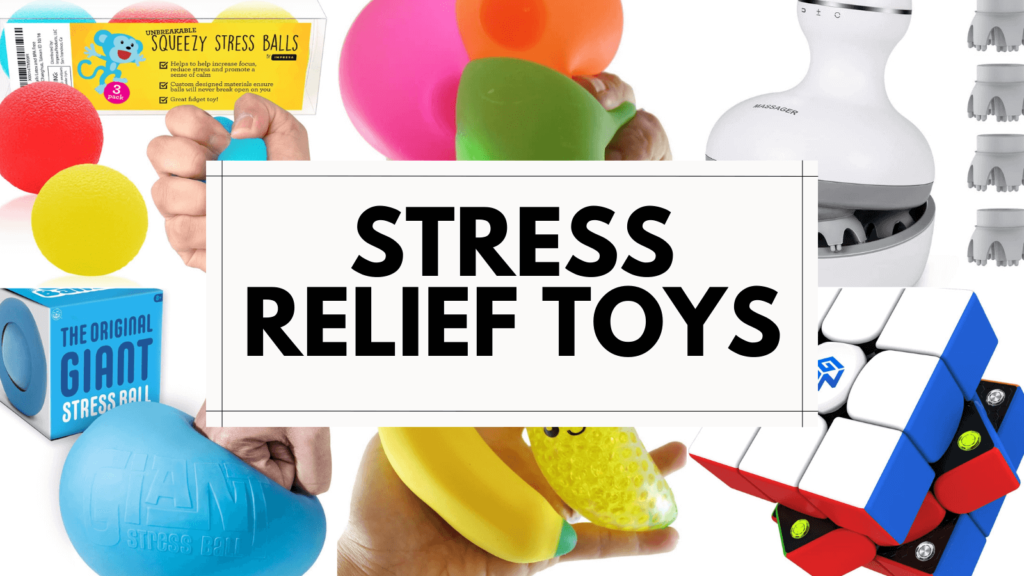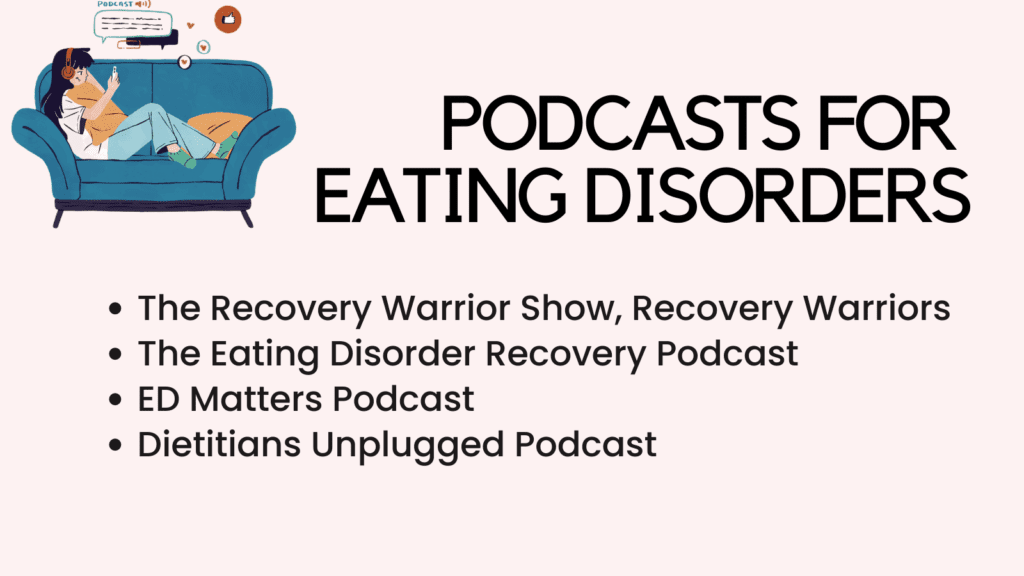When someone you care about is struggling with an eating disorder, gifts should be gentle, non-triggering, and supportive of healing—not focused on food, appearance, or body image. The best gifts offer comfort, emotional connection, and a sense of safety. Here are thoughtful, recovery-oriented gift ideas that say, “I’m here, and I care—no matter what you’re going through.”
Disclosure: Some of the links below are affiliate links. This means that, at zero cost to you, I will earn an affiliate commission if you click through the link and finalize a purchase.
What Is an Eating Disorder?
Eating disorders are serious mental health conditions that involve persistent, unhealthy patterns of eating behavior — often driven by distressing thoughts and emotions related to food, body image, weight, or control. They are not simply about food choices or vanity. At their core, eating disorders are deeply rooted in emotional, psychological, and sometimes biological struggles.
Common Types of Eating Disorders
- Anorexia Nervosa
- Intense fear of gaining weight
- Severe food restriction
- Distorted body image (seeing oneself as overweight even when underweight)
- May involve excessive exercise or ritualistic eating patterns
- Bulimia Nervosa
- Repeated cycles of binge eating followed by purging (vomiting, laxatives, fasting, or over-exercising)
- Feelings of guilt, shame, and loss of control
- Weight may be within the normal range, making it harder to detect
- Binge Eating Disorder
- Eating large amounts of food in a short time while feeling out of control
- Eating even when not hungry or to the point of physical discomfort
- Often followed by intense shame but without purging behaviors
- Avoidant/Restrictive Food Intake Disorder (ARFID)
- Avoidance of certain foods due to texture, taste, or fear of choking
- Not driven by body image concerns
- Can lead to nutritional deficiencies or failure to gain weight in children
- Other Specified Feeding or Eating Disorders (OSFED)
- Symptoms don’t meet full criteria for other disorders but are still serious and distressing
- Includes atypical anorexia, night eating syndrome, and more
What Causes Eating Disorders?
There is no single cause. Eating disorders are often influenced by a mix of factors:
- Genetics and family history
- Perfectionism or need for control
- Trauma, bullying, or low self-worth
- Cultural or social pressure to be thin
- Anxiety, depression, or obsessive-compulsive traits
Warning Signs to Look For
- Obsessive focus on weight, food, or body image
- Withdrawal from social meals or events
- Drastic weight changes
- Ritualistic eating behaviors
- Mood changes, fatigue, or low energy
- Frequent bathroom visits after meals
Related: Struggling with Body Image? These Worksheets Support Healing and Self-Acceptance
Thoughtful Gifts to Support a Loved One With Eating Disorders
1. A Soft, Oversized Hoodie or Blanket
Provides warmth and comfort without focusing on body shape. It’s a soothing, safe-feeling item for moments of anxiety, shame, or emotional overwhelm.
2. A Journal With Gentle Prompts
Choose one designed for emotional expression or recovery—not a diet or fitness journal. Look for themes like mindfulness, gratitude, or self-discovery.
3. Soothing Tea and a Beautiful Mug
A calming ritual with zero pressure around eating. Choose non-caffeinated blends like chamomile, peppermint, or lavender to support relaxation and digestion.
4. Books That Encourage Healing, Not Fixation
Look for titles written by eating disorder survivors or therapists that focus on body neutrality, emotional regulation, or self-compassion—not “recovery diets” or weight-focused narratives.
5. Weighted Blanket or Anxiety Wrap
These calming tools can help regulate the nervous system, especially during meal times, body image distress, or recovery setbacks.
6. Inspirational Message Mug
An inspirational message mug is a practical, everyday item that can offer gentle encouragement. With a comforting message during coffee or tea, it reminds them they’re supported without focusing on food or bodies. It’s useful, low-pressure, and meaningful without being overwhelming.

Related: What NOT To Say To Someone With An Eating Disorder? (& What to Do Instead)
7. Custom Affirmation Cards
Create or buy cards with messages like:
“You are not your body.”
“You deserve to take up space.”
“Healing isn’t linear—and that’s okay.”
They can keep them nearby for tough moments.
8. Creative Outlets (Art Supplies, Craft Kits, Music)
Art and music are safe forms of expression when words are hard to find. Give them the tools to express, not perform.
9. Meal Support Tokens
Offer handwritten notes or “coupons” like:
“I’ll sit with you during a hard meal.”
“We’ll watch a show together afterward.”
It reminds them they’re not alone in recovery.
10. A Gentle Letter That Says “I See You”
No advice, no pressure. Just a handwritten note that says:
“I love you. I’m proud of you. I’m not going anywhere.”
This can be one of the most healing gifts of all.
Related: Best 10 Binge Eating Books
Other Ways to Support a Loved One With Eating Disorders
1. Avoid Body and Food Talk
Don’t comment on their appearance—even if it sounds like a compliment. Also avoid labeling food as “good” or “bad.” Instead, model a neutral, balanced relationship with food and body.
2. Offer to Be a Meal Companion
Sometimes the hardest part is sitting through a meal. Quiet, nonjudgmental presence at the table can help ease anxiety and reduce isolation—especially if you don’t bring focus to what or how much they’re eating.
3. Be Patient With Recovery’s Ups and Downs
Recovery is rarely linear. Relapses, setbacks, or emotional meltdowns may happen. Stay steady, non-reactive, and supportive without shame or pressure to “get back on track.”
4. Ask How You Can Support Them—Then Listen
Say:
“What feels supportive right now?”
or
“Is there anything I should avoid saying or doing?”
Let them guide you. Everyone’s recovery needs are different.
5. Avoid Becoming the “Food Police”
Don’t monitor their plate, comment on portions, or try to control what they eat. This can reinforce secrecy, shame, or power struggles. Focus on emotional connection, not control.
6. Support Their Broader Mental Health
Eating disorders often coexist with anxiety, depression, trauma, or perfectionism. Help them access therapy, reduce stress, or develop self-soothing tools beyond food and body.
7. Celebrate Non-Food Victories
Acknowledge when they express themselves, set a boundary, attend a therapy session, or show up during a tough day. These emotional wins are just as vital as eating a meal.
8. Be a Calm, Safe Presence
Your energy matters. Stay calm during emotionally charged moments, offer a safe space when shame arises, and remind them with your presence: “You don’t have to hide with me.”
9. Educate Yourself Without Making It About You
Learn about eating disorders, trauma, and body image through books, podcasts, and firsthand accounts. This helps you support them without placing the emotional labor on their shoulders.
10. Remind Them They’re Loved—Unconditionally
Let them know they’re not loved because of what they do or how they look—but simply because they exist. That kind of love is rare, and it’s exactly what they need.
Related: How to Stop Emotional Eating?

Conclusion
When someone is living with an eating disorder, the wrong gift can trigger shame or anxiety. But the right gift—quiet, steady, thoughtful—can be a small lifeline. Focus on comfort, presence, and emotional nourishment. Your gift doesn’t need to say “get better”—it just needs to say, “You matter to me, exactly as you are.”



